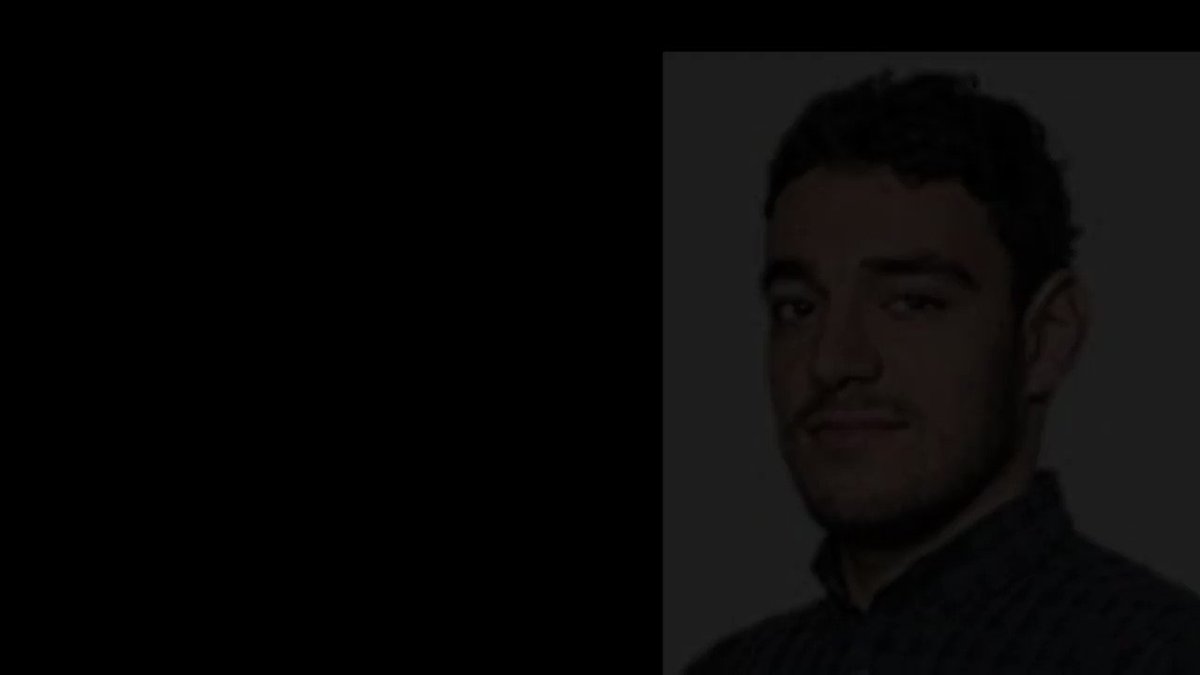Anshika Patnaik
5:18
5:29
5:33
5:35
5:37
5:41
5:42
5:43
5:44
5:45
5:46
5:48
5:50
5:51
5:52
5:55
5:58
6:00
6:01
6:01
6:03
6:04
6:06
6:07
6:08
6:08
6:08
6:10
6:12
6:24
6:25
6:28
6:29
6:31
6:52
6:55
6:57
Connecting…








